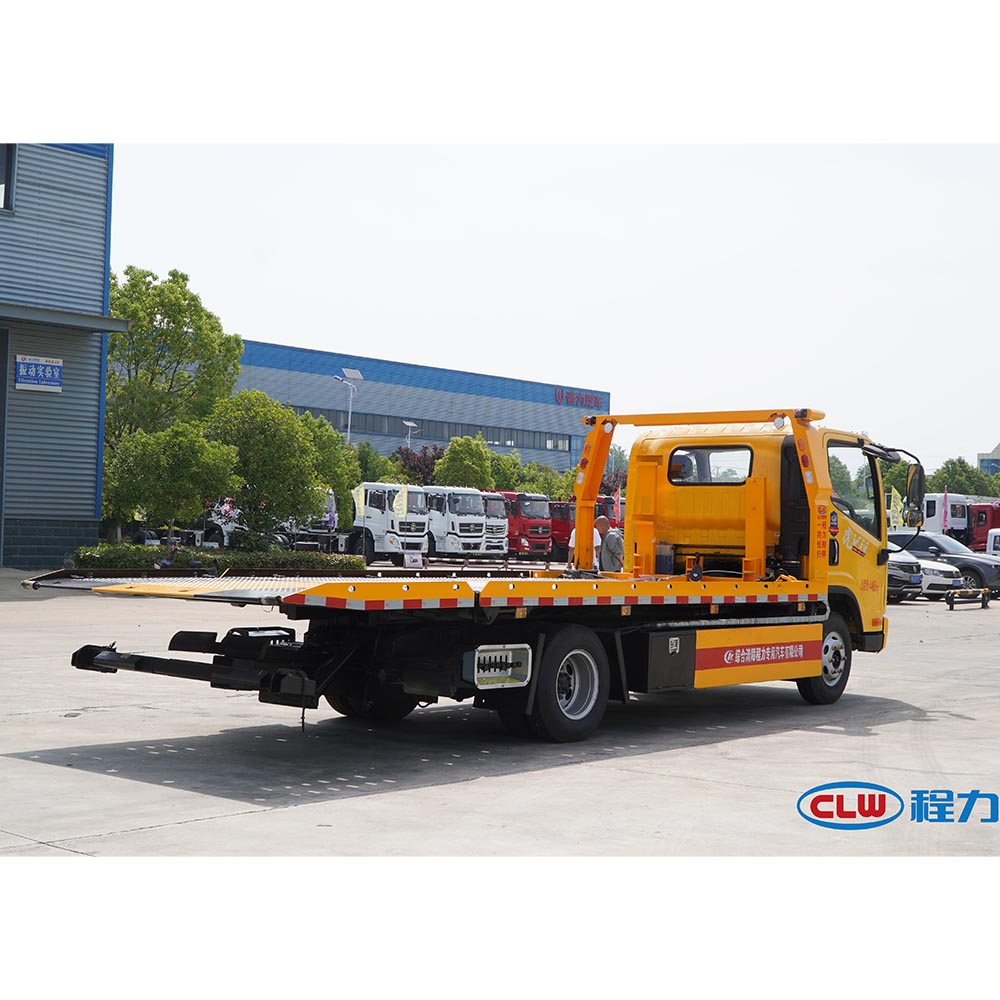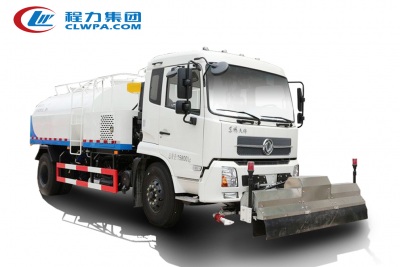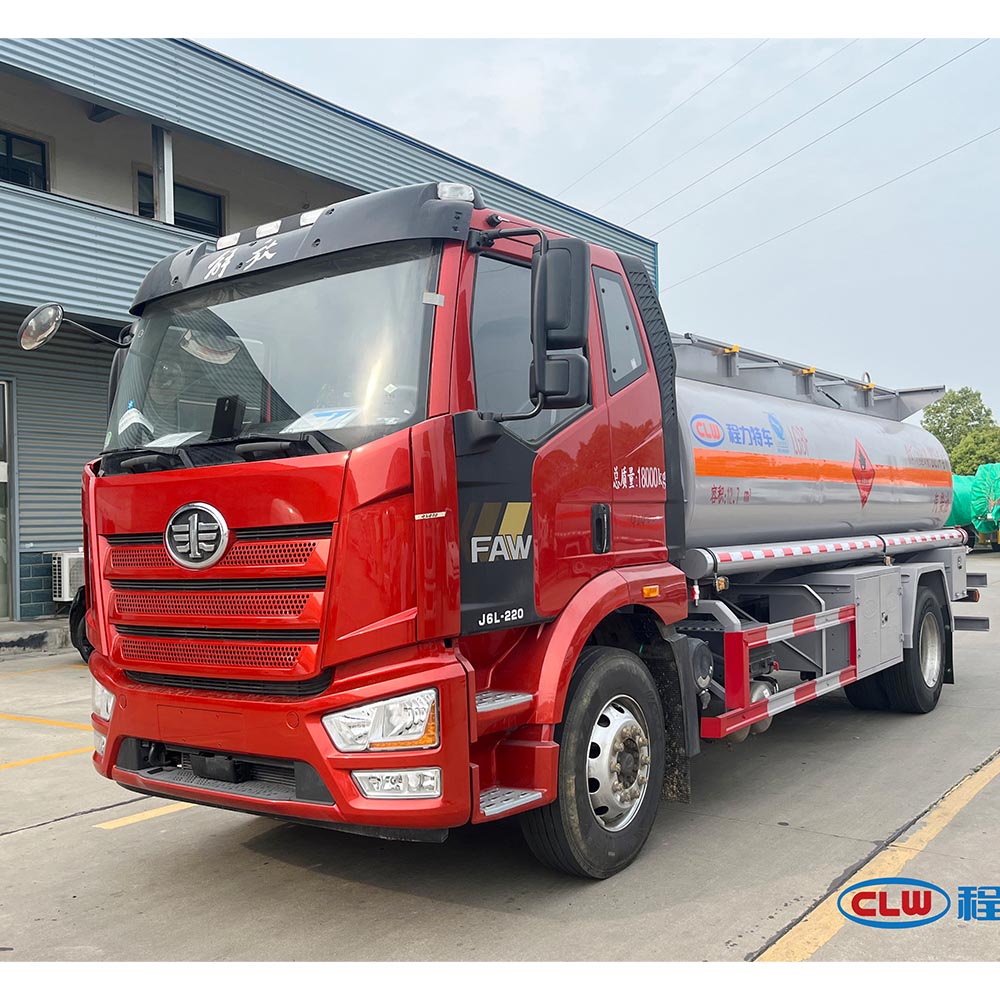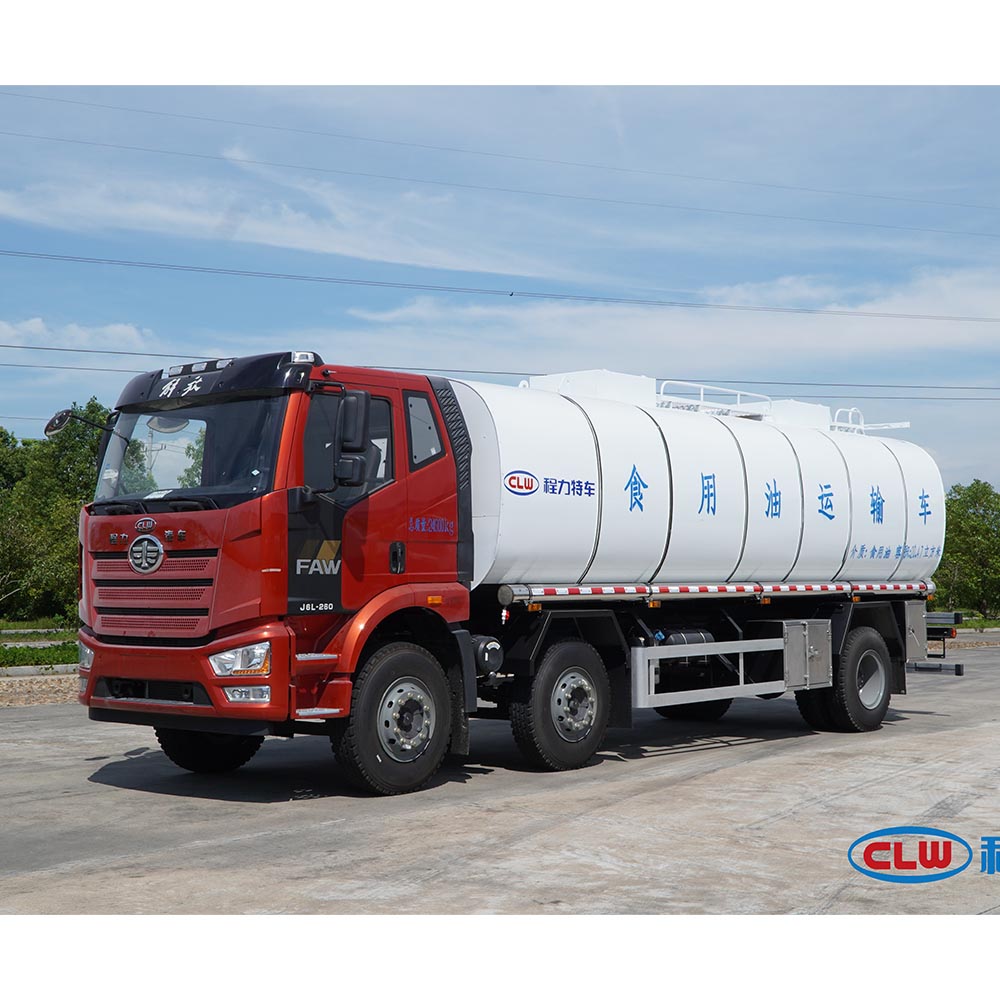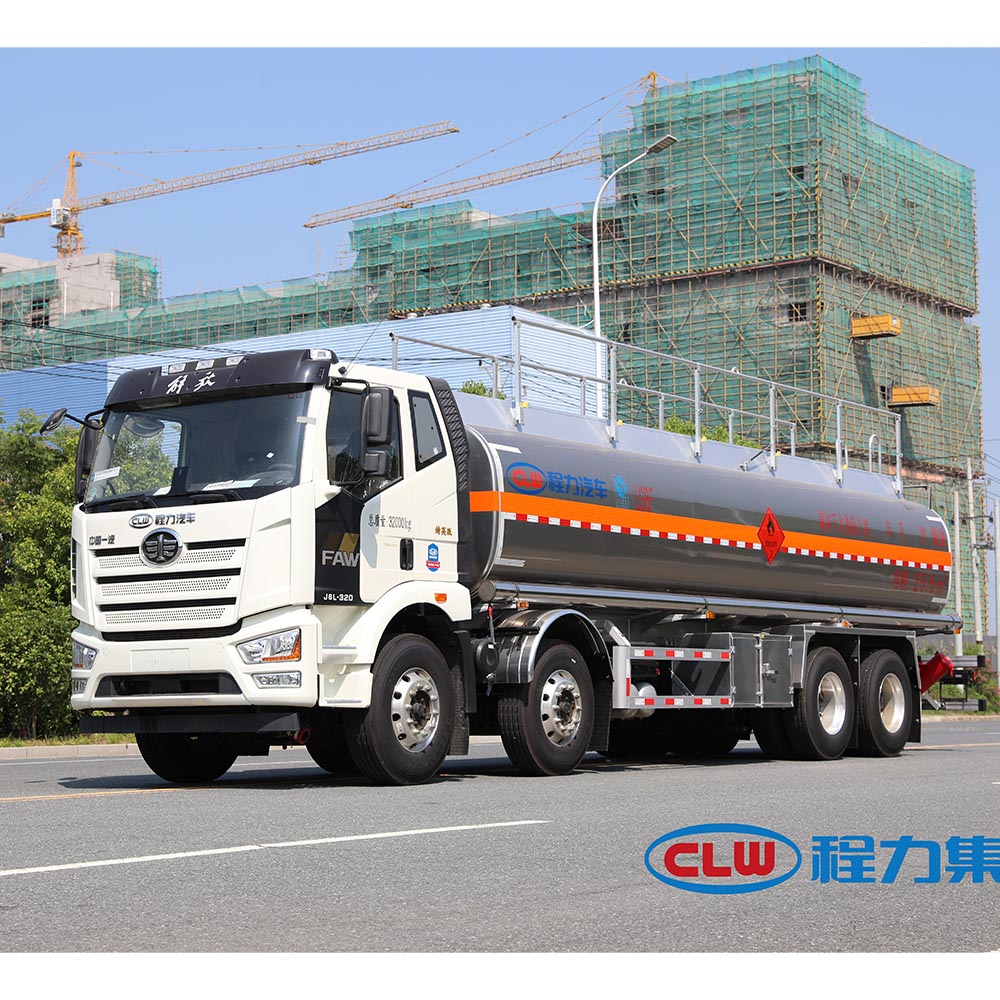-
Chengli Automobile Industrial Park
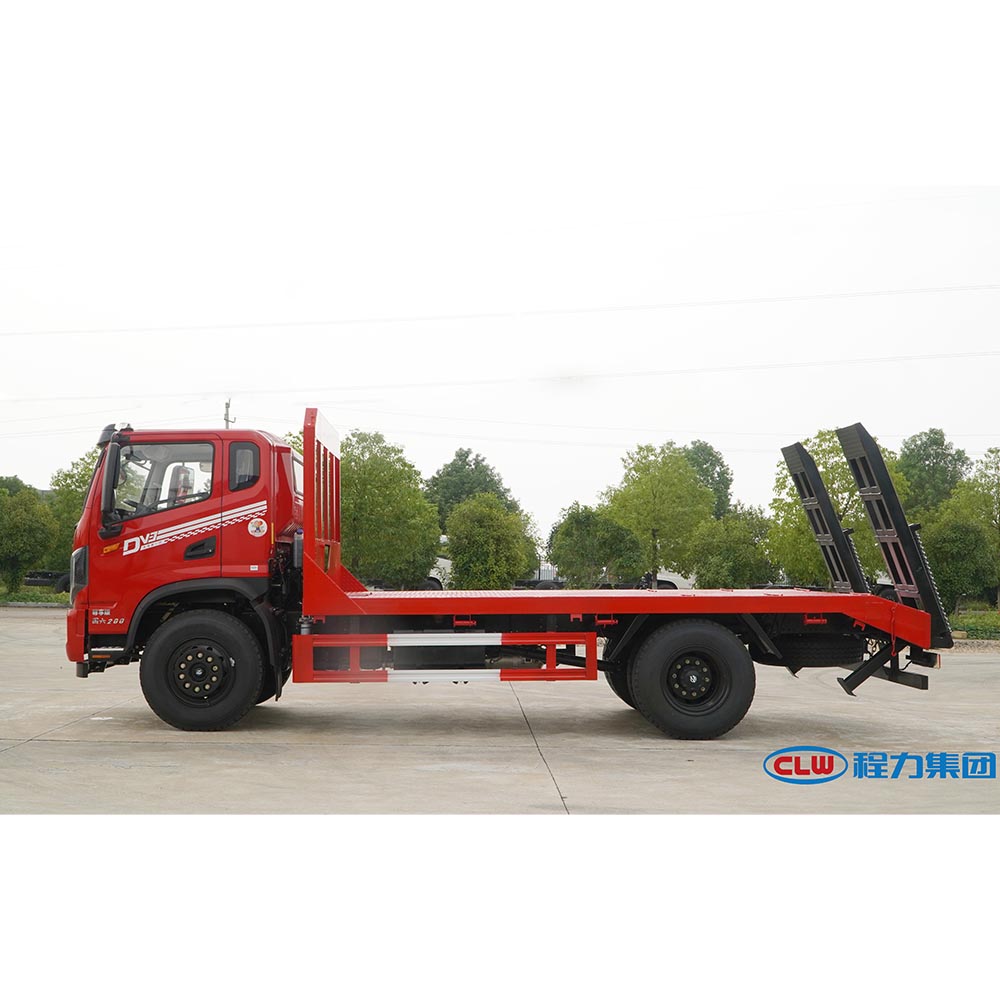
are flatbeds more expensive
Flatbed vs Dry Van: What’s the Price Difference in 2024?
This article delves into the key differences between flatbed and dry van trailers, focusing on the cost implications for various industries. It aims to provide a comprehensive guide for Construction Companies, Road Construction Companies, Demolition Companies, Landscaping Companies, Scaffolding companies, and others who need to make informed decisions about the best flatbed truck type for their operations. We’ll explore everything from flatbed shipping rates to the responsibilities of a flatbed truck driver, all while helping you understand why this article is worth your time. I will also tell you about the activities of my plants producing flatbed trucks and platform trucks that are in great demand in many industries.
Table of Contents
What are the Main Differences Between a Flatbed and a Dry Van?
A flatbed truck is an open-deck trailer with no sides or roof. This design allows for the transportation of oversized, bulky, or irregularly shaped freight that wouldn’t fit in a standard dry van trailer. Flatbeds are commonly used to haul items like construction materials, heavy machinery, and large equipment.
On the other hand, a dry van is an enclosed trailer that protects freight from the elements. They are the most common type of trailer used in the trucking industry for transporting goods that need to be kept dry and secure, such as boxed goods, pallets, and other standard-sized cargo. A flatbed trailer cannot protect your freight like a dry van. I know that my target customers often have to choose between flatbed vs dry van, as they are both in high demand on the market.
Why Would a Shipper Choose a Flatbed Truck?
A shipper might choose a flatbed truck when the freight exceeds the dimensions of a dry van trailer or requires specialized loading and unloading methods. For example, a construction company might need a flatbed to transport steel beams or precast concrete panels, while a landscaping company might use one to haul large trees or heavy equipment. I often see orders for flatbed trucks coming from such companies to my plants.
Flatbeds offer flexibility in loading and securing freight. Items can be loaded from the sides, top, or rear, and secured using chains, straps, or other securement devices. The open design of a flatbed also makes it easier to load and unload using cranes, forklifts, or other heavy machinery, as you can see in the image below.

As a flatbed truck manufacturer, I can attest that the versatility of flatbeds makes them a popular choice for a wide range of industries. However, this versatility comes with added responsibilities. You can learn more about our Furika Refueling Truck with a 8.5m³ fuel tank and a 170HP engine, for example.
What are Flatbed Shipping Rates and How are They Calculated?
Flatbed shipping rates are typically higher than dry van rates due to the specialized nature of flatbed transportation. Factors that influence flatbed rates include:
- Freight dimensions and weight
- Distance and route
- Lead time and seasonality
- Tarping and securement requirements
- Accessorials such as permits, escorts, and stop-offs
- Fuel surcharges
Shippers can expect to pay a premium for flatbed services, but the price difference can vary depending on the specific requirements of the shipment. Working with a reputable trucking company that specializes in flatbed freight can help shippers obtain competitive rates and ensure their cargo is transported safely and efficiently. I can tell you that the market price for flatbed services is influenced by numerous factors, but understanding these can help you save money.
How Does Freight Type Impact the Choice Between Flatbed vs Dry Van?
The type of freight being transported is a crucial factor in determining whether a flatbed or dry van is the best fit. If the cargo type is oversized, heavy, or irregularly shaped, a flatbed is likely the only option.
Here’s a table outlining common freight types and the recommended trailer type:
| Freight Type | Flatbed | Dry Van |
| Construction materials | X | |
| Machinery and equipment | X | |
| Precast concrete | X | |
| Lumber and wood products | X | X |
| Generators | X | |
| Palletized goods | X | |
| Boxed goods | X | |
| Electronics | X | |
| Food and beverages | X | |
| Wind turbine blades | X | |
| Oil and gas equipment | X |
The decision often comes down to the specific needs of the shipper and the characteristics of the freight. A flatbed would be necessary for items that can’t change shape or be broken down into smaller components. Many flatbed loads simply cannot fit within a standard dry van, making the choice clear.
What is the Role of a Flatbed Truck Driver?
A flatbed truck driver is responsible for safely transporting freight on an open-deck trailer. This requires specialized skills and knowledge beyond those of a typical truck driver. Flatbed drivers must be proficient in:
- Properly securing freight using chains, straps, and other securement devices
- Tarping loads to protect them from the elements
- Navigating with oversized loads
- Complying with regulations for open-deck transportation
- Inspecting the trailer and freight for safety
The flatbed driver plays a crucial role in ensuring that the freight arrives at its destination safely and on time. Their expertise in securement and tarping is essential for protecting the cargo and preventing accidents. They haul large and heavy loads, requiring precision and care.
How to Become a Flatbed Truck Driver?
Become a flatbed truck driver you typically need to obtain a commercial driver’s license (CDL) and gain experience in truck driving. Many trucking companies offer training programs for aspiring flatbed drivers. These programs cover topics such as:
- Freight securement techniques
- Tarping procedures
- Oversize load regulations
- Defensive driving for flatbed operations
Truck drivers often choose to specialize in flatbed driving because it can offer better pay and more challenging work. However, it’s important to understand the responsibility that comes with hauling oversized and heavy loads. I must emphasize that experience and training are crucial for success in this field. If you are interested in a career as a flatbed driver, you can explore more about our company and the opportunities we offer by visiting our page on Edible Oil Transporter with a 25.6m³ Capacity.
What are the Challenges of Open-Deck Transportation?
Open-deck transportation presents unique challenges that drivers don’t face with dry van trailers. These challenges include:
- Exposure to the elements: Flatbed freight is exposed to weather conditions such as rain, wind, and sun, which can damage sensitive cargo.
- Securement challenges: Properly securing freight on an open-deck trailer can be complex and time-consuming.
- Tarping difficulties: Tarping a flatbed load requires physical effort and skill, especially in adverse weather conditions.
- Increased risk of theft or damage: Open-deck freight is more vulnerable to theft or damage during transit.
- Oversize load regulations: Flatbed drivers must comply with specific regulations for transporting oversize loads, including permits and escorts.
These challenges require flatbed drivers to be highly skilled and adaptable. For instance, a flatbed truck driver needs to meticulously check securement before each trip and adjust tarping as needed.
Dry Van vs Flatbed: Which Offers Better Rates for Truck Driving?
Flatbed truck drivers often earn better rates than dry van drivers due to the specialized skills and increased responsibility involved in open-deck transportation. Flatbed drivers can earn a higher per mile rate and may have opportunities for bonuses based on performance and safety.
However, flatbed driving also comes with higher costs, such as increased fuel consumption due to wind resistance and the need for specialized equipment like tarps and chains. Loading times can also be longer for flatbed loads, potentially impacting a driver’s ability to maximize their miles.
Ultimately, the earning potential for flatbed vs dry van drivers depends on various factors, including experience, location, and the specific trucking company. Many drivers often find that the higher pay for flatbed driving is worth the extra effort and challenges.
Why is Tarping Important for Flatbed Loads?
Tarping is a crucial aspect of flatbed transportation. Tarps protect freight from:
- Weather damage: Rain, snow, and sun can damage sensitive cargo.
- Road debris: Rocks, dirt, and other debris can damage uncovered freight.
- Theft: Tarps can deter theft by concealing the nature of the cargo.
Tarping requires skill and physical effort. Flatbed drivers must be able to properly secure tarps to withstand wind and prevent them from coming loose during transit. Improper tarping can lead to damaged freight, accidents, and fines. Many flatbed drivers take pride in their tarping skills, viewing it as an art form. If you need a reliable vehicle for transporting goods that require careful handling, check out our Aluminum Alloy Oil Truck with a 25.5m³ Capacity.
Choosing the Right Trailer: Flatbed or Dry Van?
Choosing the right type of trailer depends on the specific needs of the shipper and the characteristics of the freight. Here’s a summary to help you decide:
Choose a flatbed if:
- The freight is oversized, heavy, or irregularly shaped
- The freight requires specialized loading/unloading methods
- The shipper needs flexibility in securement options
Choose a dry van if:
- The freight is standard-sized and can fit within the trailer dimensions
- The freight needs protection from the elements
- The shipper prioritizes security and protection from theft
For example, transporting a large tractor or welder would necessitate a flatbed, while moving freight like boxed electronics is better suited for a dry van. I, as a manufacturer, understand these nuances and strive to offer solutions that meet these diverse needs. My plants produce a wide range of flatbed trucks designed to handle the toughest jobs.
FAQs
What is the typical price difference between flatbed and dry van shipping?
The price difference between flatbed and dry van shipping can vary widely depending on the factors mentioned earlier. Generally, flatbed rates can be 20-50% higher than dry van rates due to the specialized nature of flatbed transportation and higher fuel costs.
Do flatbed drivers need a special endorsement on their CDL?
While a separate endorsement isn’t typically required for flatbed driving, drivers often need to undergo specialized training provided by their trucking company to learn proper securement and tarping techniques. Experience with heavier loads and trailers require additional skills.
What are some common challenges faced by flatbed truckers?
Flatbed truckers face challenges such as dealing with adverse weather conditions, securing complex loads, tarping in difficult situations, and complying with oversize load regulations. The work can be physically demanding, requiring drivers to climb onto the truck and handle heavy equipment.
How can shippers save money on flatbed shipping?
Shippers can potentially save some money on flatbed shipping by optimizing their freight dimensions, providing accurate weight and size information, being flexible with lead time, and consolidating shipments when possible. Building a relationship with a reliable trucking company can also lead to better rates over time. Seasonality can also affect the cost.
Are there different types of flatbed trailers?
Yes, there are several trailer types within the flatbed category, including standard flatbeds, step decks, double drops, and RGNs (removable goosenecks). Each type of trailer is designed for specific types of freight and loading requirements. For instance, a lowboy is a type of flatbed designed for very tall cargo.
What are the advantages of using a flatbed truck for construction materials?
Flatbed trucks are ideal for transporting construction materials because they can accommodate large, heavy, and irregularly shaped items like steel beams, precast concrete panels, and lumber. The open design allows for easy loading and unloading with cranes or forklifts, and materials can be secured directly to the cross members and stake pockets of the flatbed using chains and straps. Additionally, flatbed trailers can often handle heavier loads compared to dry van trailers, making them suitable for transporting large quantities of materials in a single trip. Our Fracturing Sand Tank Truck with a 31,000 KG Capacity is an excellent example of a specialized flatbed designed for heavy-duty tasks.
Key Takeaways
- Flatbeds are ideal for oversized, heavy, or irregularly shaped freight.
- Dry vans offer protection from the elements and are suitable for standard-sized cargo.
- Flatbed shipping rates are typically higher than dry van rates.
- Flatbed truck drivers require specialized skills in securement and tarping.
- Tarping is essential for protecting flatbed loads from weather and road debris.
- Choosing the right trailer depends on the specific needs of the shipper and the characteristics of the freight.
- My plants manufacture high-quality flatbed trucks designed for various industries.
- Flatbed driving can be a rewarding career with good earning potential.
- Experience and training are crucial for success as a flatbed driver.
- Understanding the nuances of flatbed vs dry van can help shippers make informed decisions and optimize their transportation costs.
Remember, selecting the appropriate transportation method is paramount in the logistics and transportation industry. Whether you opt for a flatbed truck for its versatility or a dry van for its protective enclosure, the goal remains the same: safe, timely, and efficient delivery of your goods. As a key player in the flatbed truck manufacturing sector, I am committed to providing top-tier vehicles that meet the diverse and demanding needs of industries worldwide. For those interested in exploring advanced transportation solutions, consider our Explosive Equipment Transport Truck, designed with top features for specialized hauling. If you operate a fleet, knowing the driver needs and loading times can greatly influence your operating costs. Partner with us, and let’s drive the future of transportation together.
